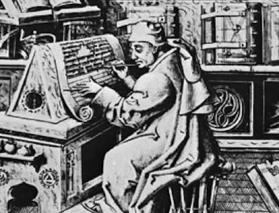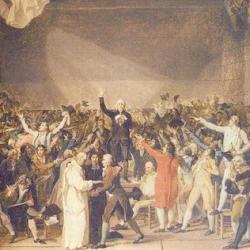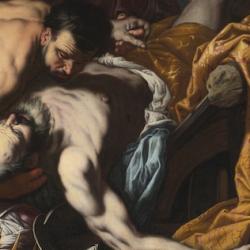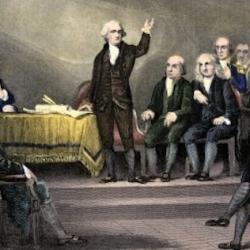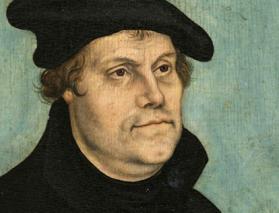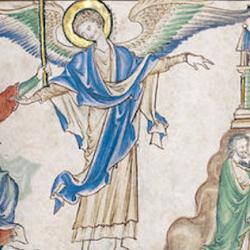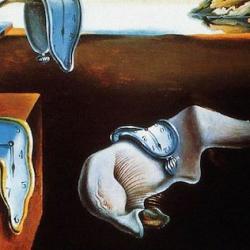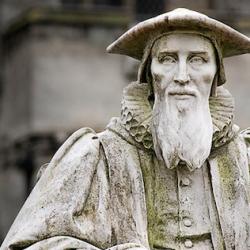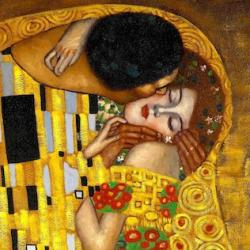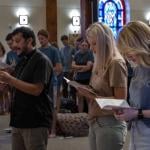Toward the end of Corpus Mysticum, Henri de Lubac says that one of the most serious results of the shifts in Eucharistic theology he examines is “the devaluation of symbols.” Augustine’s entire theology was about “signs” and “things.” In the late Middle Ages, “consideration of ‘signs’ would soon suffer an eclipse” (244). Late medieval Trinitarian theology provides an example: “the doctrine of image and of vestiges began to be demolished. The school of Gilbert de la Poree denied it all... Read more

